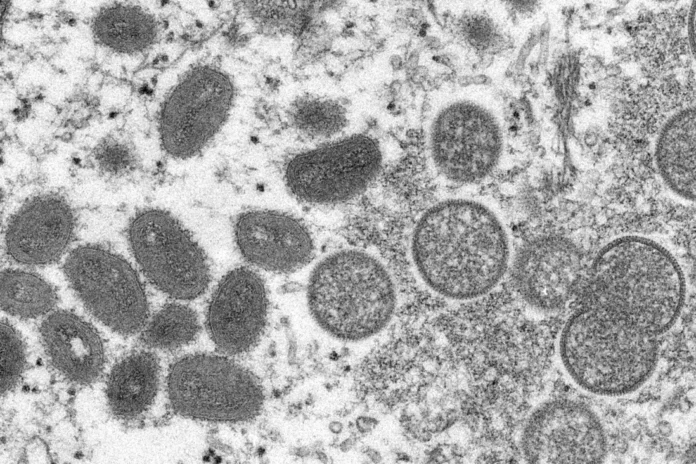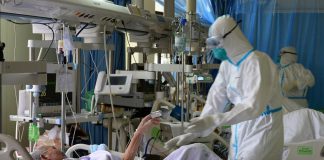MOSCOW, July 2 — The number of monkeypox cases in Europe has tripled during the last two weeks, surpassing 4,500 cases, and was mostly detected in people aged from 21-40 years, the World Health Organisation (WHO) Regional Director for Europe Hans Kluge, said on Friday.
“The WHO European Region represents almost 90 per cent of all laboratory-confirmed and globally reported cases since mid-May, and since my last statement on June 15, six new countries and areas – taking the total to 31 – have reported monkeypox cases, with new cases tripling over the same period to more than 4,500 laboratory confirmed cases across the Region,” Sputnik quoted Kluge as saying in a statement.
The official went on to say that the majority of the infections were detected in people aged from 21 to 40, with 99 per cent of them being male, many of whom had had homosexual sexual contacts.
The WHO has not yet received any data on fatalities caused by the infection, he added.
Kluge called on the governments to introduce urgent and joint measures, saying that it is necessary to “scale up surveillance for monkeypox, including sequencing, and obtain the capacity to diagnose and respond to the disease”.
Over 5,100 monkeypox cases have been confirmed in 51 countries so far, while the paths of infection are not entirely clear to experts.
Monkeypox is a rare viral disease that is usually transmitted to people from wild animals and is endemic in some African countries. The disease can be transmitted through body fluids, respiratory droplets and other contaminated materials. The illness usually results in fever, rash and swollen lymph nodes. The rash changes and goes through various stages before finally forming a scab, which later falls off.
















